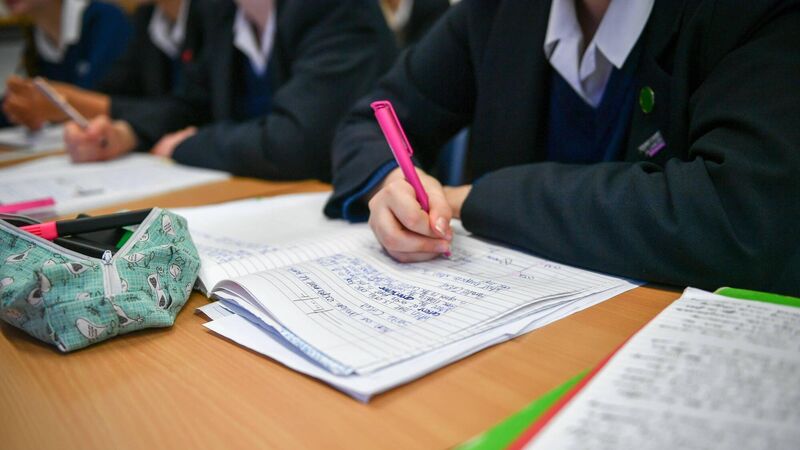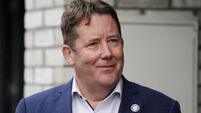'There is no place for the alcohol industry in schools': Letter urges principals to reject drink awareness campaign

“There is no place for the alcohol industry in schools,” a letter sent by the Department of Education and the HSE to schools on Friday and seen by the Irish Examiner, states.
The Government has explicitly warned schools not to use alcohol industry-funded programmes like Drinkaware’s in the classroom following calls from campaigners against the practice.
“There is no place for the alcohol industry in schools,” a letter sent by the Department of Education and the HSE to schools on Friday and seen by the , states.










